Cherry leaves might not be the first thing that comes to mind for health benefits, but these often-overlooked leaves pack a surprising punch when it comes to supporting wellness. Used in traditional medicine for centuries, cherry leaves offer an array of nutrients and unique compounds that can enhance everything from your immune system to skin health.
Curious about how cherry leaves can benefit you? Let’s dive into their impressive nutritional profile and discover the remarkable ways they support health.
#1. Immune System Support
Packed with vitamin C and a range of antioxidants, cherry leaves strengthen the immune system, helping you ward off colds, flu, and infections.
Antioxidants like flavonoids neutralize free radicals, which can weaken immunity if left unchecked. Whether sipped as tea or infused in water, cherry leaves can be a natural way to boost your body’s defenses.
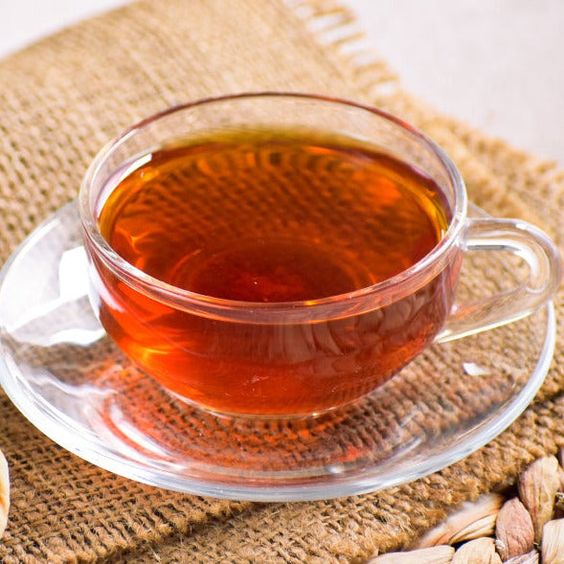
#2. Anti-Inflammatory Properties
The tannins and polyphenols in cherry leaves contribute to their natural anti-inflammatory effects.
Regular consumption of cherry leaf tea may help you alleviate symptoms of inflammation-related conditions, such as arthritis or joint pain.

#3. Digestive Health and Gut Relief
Cherry leaves are traditionally used to support digestion, offering relief from mild stomach discomfort and bloating. The tannins in the leaves have astringent properties, which can ease inflammation in the digestive tract.
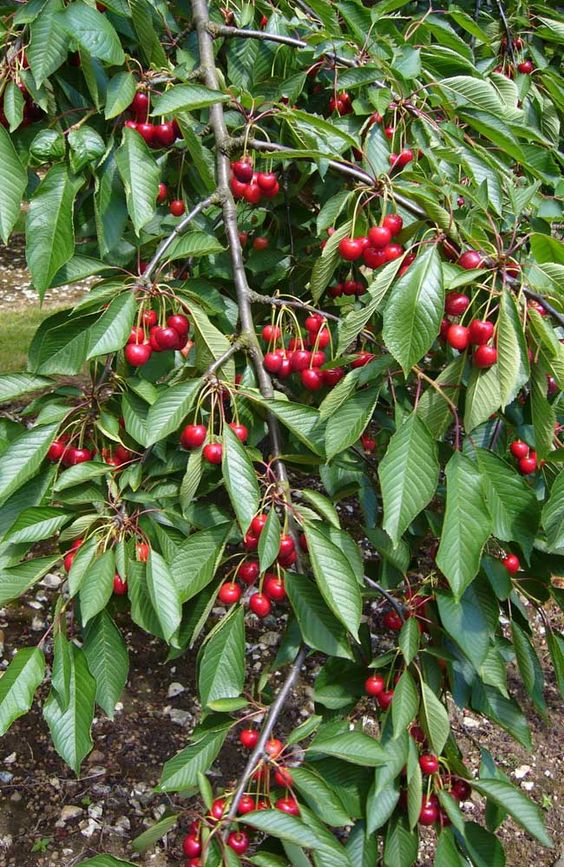
#4. Skin Health and Anti-Aging
The antioxidants in cherry leaves help protect skin cells from oxidative stress, which is one of the main culprits behind premature aging and skin damage.
Applying a cherry leaf infusion as a natural toner or mixing it into skincare products may help reduce blemishes, brighten the complexion, and keep your skin looking youthful.
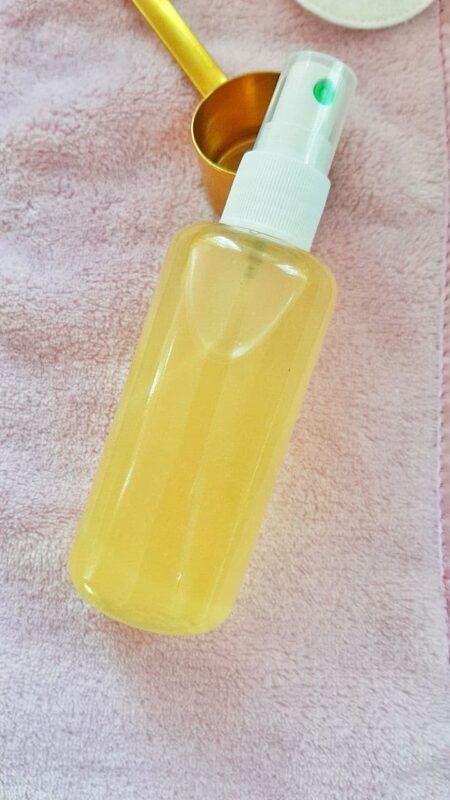
#5. Stress Relief and Calming Effects
If you’re seeking a natural way to relax, cherry leaf tea could be a soothing choice. Cherry leaves are believed to have mild sedative properties that promote relaxation and reduce stress.
#6. Heart Health Support
The combination of potassium, antioxidants, and flavonoids in cherry leaves supports cardiovascular health by helping to regulate blood pressure, reduce oxidative stress, and improve circulation.
Potassium, in particular, is essential for heart function and can help balance sodium levels in the body.

#7. Respiratory Health
Cherry leaves have traditionally been used to alleviate respiratory symptoms, such as coughs or minor throat irritation.
The mild antimicrobial properties of essential oils found in the leaves may help soothe the respiratory system, providing gentle relief for those dealing with seasonal irritations.
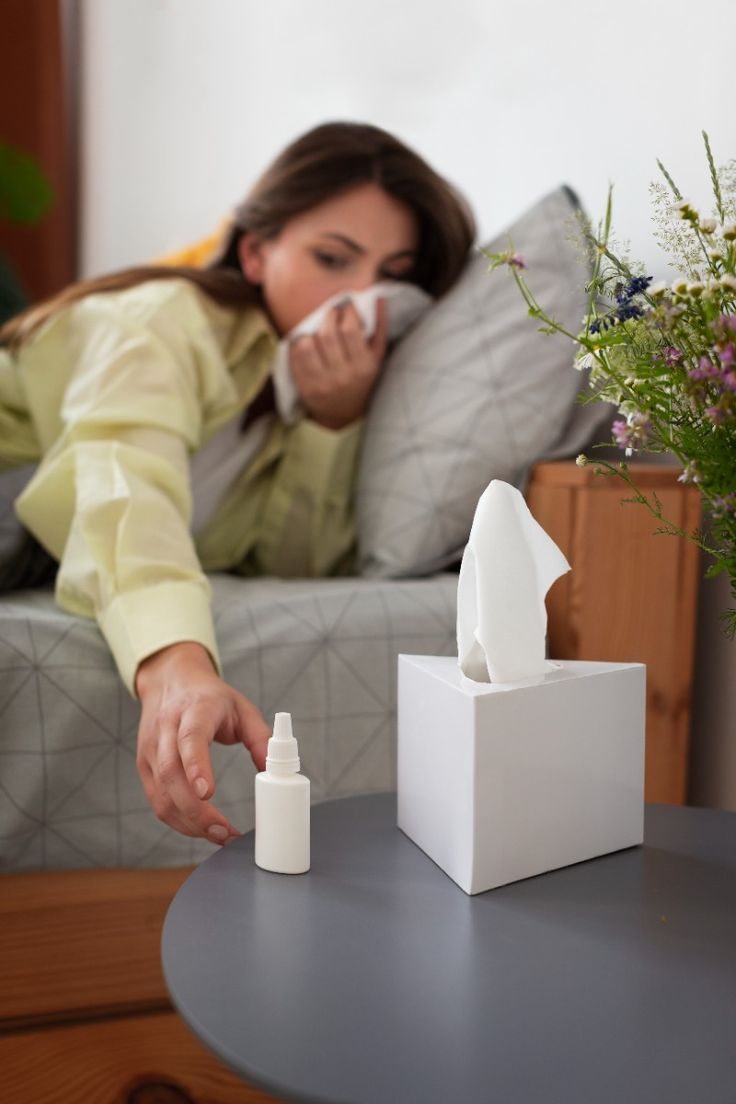
#8. Blood Sugar Regulation
Emerging studies on cherry leaves suggest that they may have a mild effect on blood sugar regulation. Certain compounds in the leaves could help stabilize blood sugar levels, potentially benefiting those looking to manage their blood glucose.
#9. Detoxification Support
With their antioxidant and diuretic properties, cherry leaves can support the body’s natural detoxification processes. By helping to flush out excess waste and water, they encourage kidney health and may prevent fluid retention.
Ways to Use Cherry Leaves for Health Benefits
1. Cherry Leaf Tea
You just boil a cup of water, add a few fresh or dried cherry leaves, and let it steep for 5-10 minutes, then strain and enjoy warm.
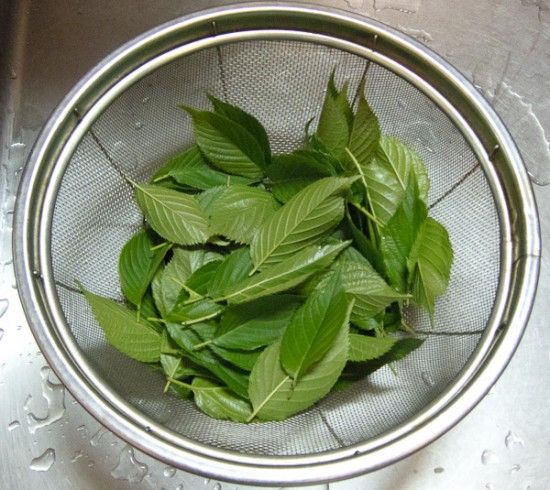
2. Topical Use for Skin Health
Besides brewing a concentrated cherry leaf tea to apply it to your skin with a cotton pad, you can use it as a gentle toner to help soothe and balance the skin.
3. Culinary Uses
Cherry leaves are commonly used to wrap foods in certain cuisines, as they impart a mild flavor and preserve freshness. They can add a subtle hint of cherry to pickles, rice dishes, or even as a garnish on salads or desserts.
Safety Considerations and Potential Side Effects
Cherry leaves contain small amounts of cyanogenic compounds, which can release cyanide when ingested in large quantities.
To avoid any risk, you should use cherry leaves in moderation. Limit cherry leaf tea to 1-2 cups per day, and avoid long-term use without breaks.
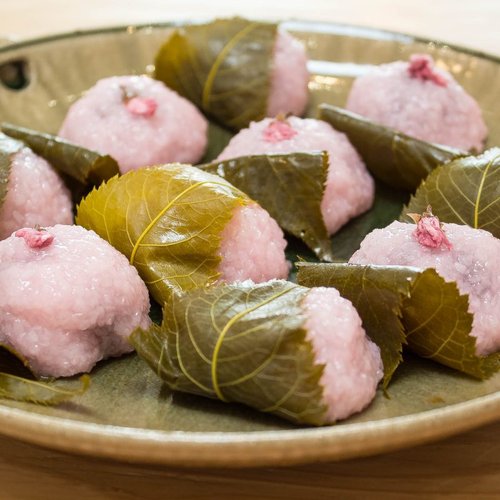
Additionally, make sure to use leaves from edible cherry varieties, such as Prunus avium (sweet cherry) or Prunus cerasus (sour cherry), and avoid ornamental cherry varieties containing higher levels of harmful compounds.
Disclaimer
This article is for informational purposes only and should not be considered medical advice.
Always consult a healthcare professional before incorporating cherry leaves into your health routine, especially if you have any underlying health conditions, are pregnant, or are taking medications.
